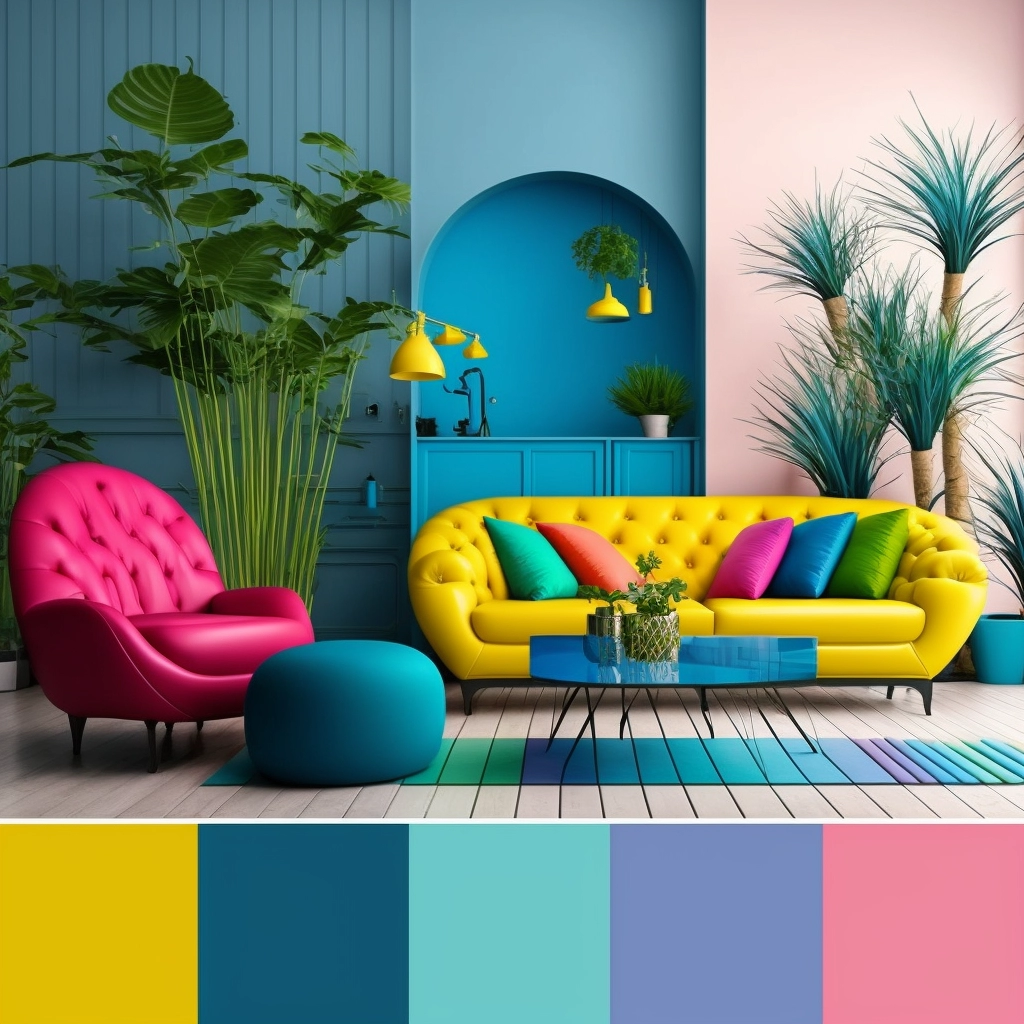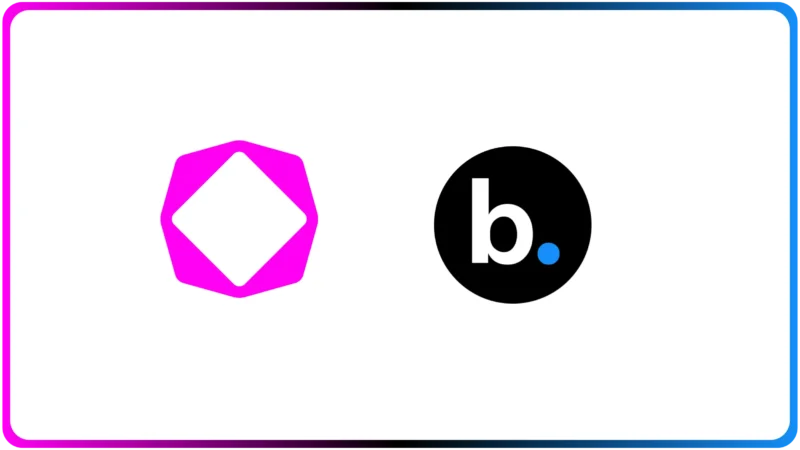
With many people switching their businesses online and working from home, making their places comfortable and trendy has increased the to-do list. You can create a home decor business with acquired knowledge and a good eye for style and design. However, more than having a good eye is needed; this post will guide you on how to start a home decor business.
Whether you decide to start online or open your store, this is what you need to consider for your business:
Your Market Research – what is out there already?
The home decor business is extensive. You have textiles, wall art, furniture sets, organizers, and more. I am not going to ask you to choose one, of course. However, you will need to plan for your first collection and what you will include.
It would be best if you started asking yourself some questions:
- What is trending in the market?
- What are people being the most for their homes?
- What is already available in your area and accessible to others?
- What is the “gap” in the market?
When you answer these, you are doing simple research of the market that is needed to plan your next steps.
Who?
Finding your niche is a crucial success factor in any business. First, please know who will likely buy your products and follow your accounts on social media. Then, defining your target will help you put the right strategies for designing, pricing, and marketing your pieces.
The market research you have completed above will help you find your niche and what they are looking for, making your home decor pieces stand out among other players in the market.
Your Collection
Now that you have done your research and decided on your niche, you need to take good care of your product development. For example, what products will you include in your first collection? And the second? Could you let me know if you will contract someone to design and manufacture your products? Or could you find suppliers to provide you with finished pieces to sell?
Could you picture what your online or offline store will look like and what you want to display there?
You can always go back and read some tips about product development in my piece on the permanent jewelry business here.
You should also think about two things when you picture your home decor business: the styles you will offer and the mood boards you should create and present to your potential customers. A quick reminder for you would be to sign up for an online/offline course to learn about these two topics and deepen your understanding to be fully aware of your business.
Styles
You’ll need to orient yourself with the different design styles and what you’ll offer to fit every style (if you decide to provide them all). For example, what will your store offer for a minimalist, modern, or classic decor pieces? Will you be offering simple, clean-lined, and monochromatic-palette pieces or the opposite of that instead?
Remember that defining the design styles you will develop in your collection will be an integral part of your branding.
Mood boards
Simply put, mood boards are physical or digital collages that arrange images, materials, text, and other design elements into a format that’s representative of the final design’s style. They are used for creating pretty much any type of design project.

When you mention the terms minimalist, modern, or classic as a home decor business owner, many of your clients need clarification as to what that means. However, by showing them a mood board that incorporates those things, they immediately understand and can express whether they love or hate the ideas.
Canva is a great online website that you can use to create mood boards to present your great ideas to your potential clients. The good thing here is that you will also find some perfect free templates to help you out.
Branding
When you decide on your collection and the categories you will sell in your business, you start creating your identity: your brand name, motto, and logo.
Remember that branding is more than just a logo. People would want to hear your brand story and your added value proposition. They would also love to see your strong brand identity.
Launching – Are you ready to start a home decor business?
Since you are just starting, you could start by opening your business online, then later open your own store. In both cases, you will need a strong and solid marketing plan for your home decor business.
You should definitely invest in digital marketing!
Getting the word out to boost your brand and customer awareness is especially important for new businesses. Social media is an excellent tool for promoting your business because you can create engaging posts advertising your home decor products.
I also encourage you to create a website for your home decor business and link it to your social media accounts. This may be an additional cost. However, it is crucial since your website is your online presence and helps convince clients of your expertise and professionalism. You should also know that your potential clients are unlikely to find your website unless you follow Search Engine Optimization (SEO) practices.
You can create your website using services similar to WordPress. This route is affordable but can be time-consuming. However, if you need to be more tech-savvy and have the money, you can hire a web designer or developer to create a unique custom website for your home decor business.
Keep your home decor business going
The last thing to consider here is to keep learning and finding opportunities related to your business to avoid going out of the market. Ideas to consider here can include:
- B2B ideas: partnering with other companies to prepare customized gifts for their employees is a great revenue source and brand exposure mechanism
- Personalizing: carving names on your home decor pieces can always attract new customers to your business
- Open days and flea markets: renting a table to sell your home decor items during the holiday seasons
Final thoughts – How to start a home decor business?
You have read through some guidelines on starting a home decor business. With some good research on the market, your niche, differentiated products, and your unique brand identity, you will be able to put yourself out there.
However, this guide is intended to be something other than a substitute for professional legal or tax advice that is crucial for starting a business.
Remember, if you would like a consultant to help you plan this, reach out to one of our freelancers.
Meet The Author Of This Article

I’m Jenny Ayman, a project manager in the development field with specific knowledge and experience in capacity building and entrepreneurship programs. I aspire to transfer the hands-on experience I gain in my professional career through writing.
Also, if you need help planning your business, I recommend checking out some of our freelancer’s business plans or pitch decks!




